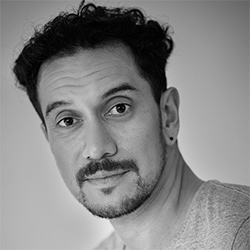Shaq provides an intimate look into the b-ball legend and pop-culture icon
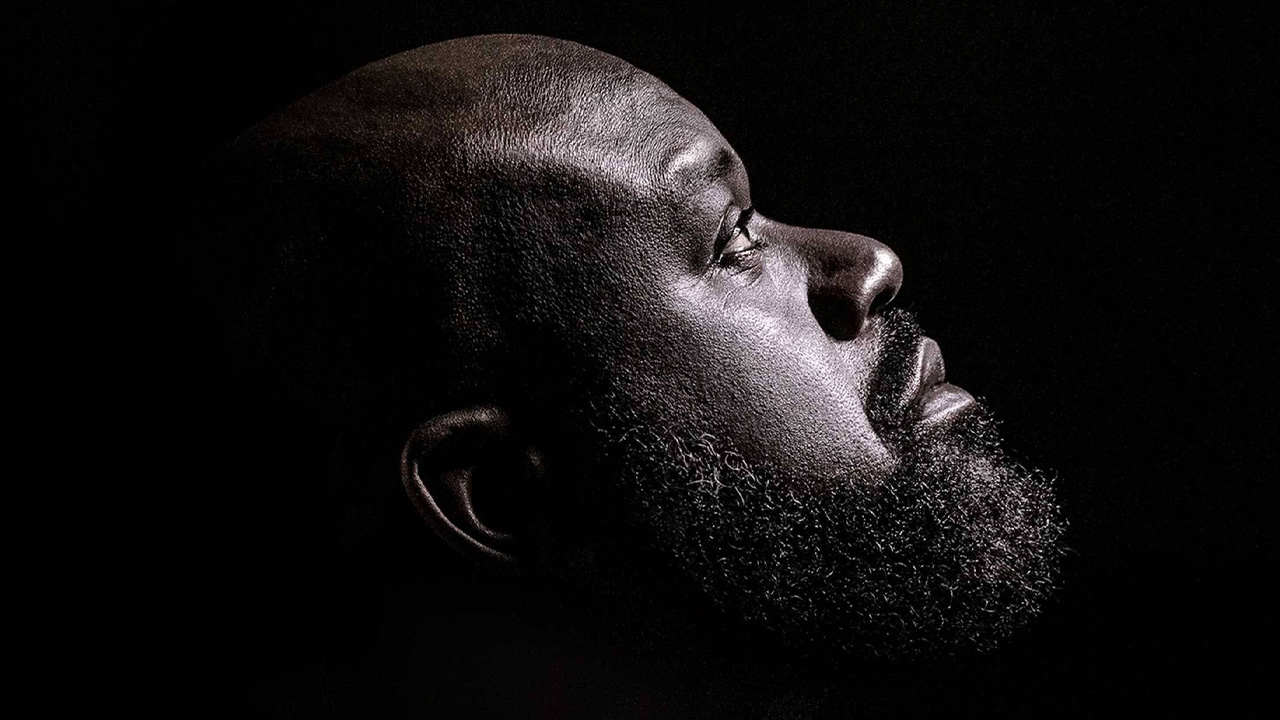
Shaquille O’Neal tells his story in four-part documentary Shaq. Cracking at a fair pace, an impressed James Nokise writes about the depths this miniseries goes to exploring the basketball legend and pop-culture icon.
“The world knows I’m a bullshitter. Like, sometimes when you tell a story, you want to add a little bbq sauce… I’m not lying, I just like to add a little… you know.” HBO’s new documentary series, Shaq, starts with a written disclaimer; “This is a true story, told by Shaq. So… you know.”
Exploring the life and career of Basketball Legend, and genuine pop icon of the early 2000s, Shaquille O’Neal, viewers of this docuseries get a glimpse into the private life of one of sport’s biggest personalities, albeit with one provision: this is his project, from his point of view. Accept that and move on. It’s history, but as an “uncle” might tell it, and thankfully Shaq is that uncle who always has a good yarn up their sleeve.
It helps that his life, and even his career, has been uniquely vibrant. From an early childhood in the projects of north New Jersey, to rural (and racist) Georgia, to a military base in Germany, and then back to Texas… and that’s all before he gets to college.
Our narrator and chief, who may have more nicknames than any NBA player in history, sits alone in a large brown leather chair, the only other furnishing being the rug underneath, and black walls with a combination of art and writing directly behind him. As a plethora of guests take a seat—first family members, then former coaches, teammates, managers, business partners, and his “Uncle” / Bodyguard—it becomes clear this retrospective is also a love letter from “The Big Daddy” to those who raised him up, which is probably why the first interview straight after him is his mother, Lucille O’Neal.
And so it’s clear to non-basketball fans, Shaq really was a sporting phenomenon.
Standing at 7’1, with size 23 shoes, and weighing 150kg, he is arguably the most powerful basketball player ever, forcing the NBA to reinforce their backboards after tearing a couple down during his early games. For a Kiwi comparison, Steven Adams—often cited as the strongest player in the current NBA—stands 6’11 with a slighter frame of 120kg. All Blacks legend Brodie Rettallick is slightly heavier at 124kg, but slightly shorter at 6’8.
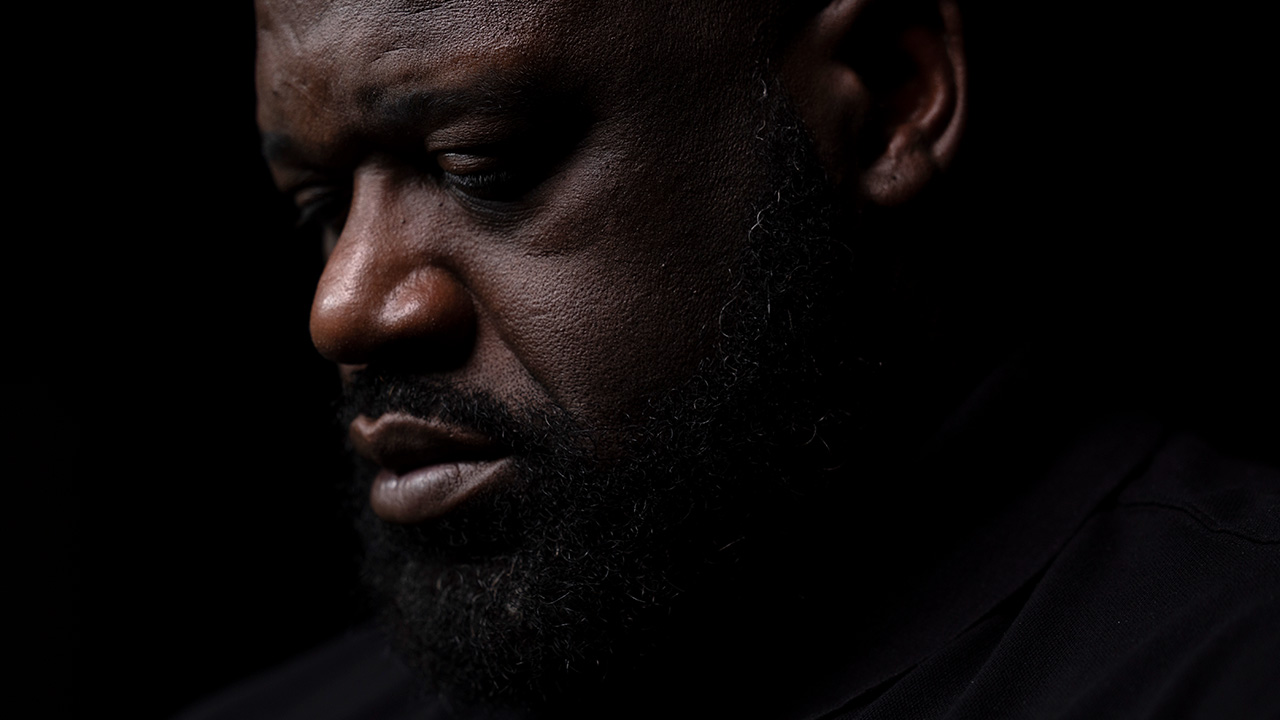
As archival footage shows, what made him truly devastating was that his natural mass also came with impressive speed. Occasionally he would rebound a defensive board, then take the ball “coast to coast”, dunking it down the other end. Defenders had a choice to try and draw a charging foul by standing in front of him, or wake up the next day not feeling like they’d been hit by a freight train. It’s a big part of why one of his most famous nicknames was “The Big Diesel”.
His idol, Magic Johnson, cries out in mock outrage: “Hold up! There’s only one Magic. You can’t be a 7’1 Magic!”
And perhaps that incredible talent is why, despite four championships, an MVP, three Finals MVPs, and induction into the Hall of Fame, many still feel he underachieved. Shaq’s prime is certainly considered his Lakers years, particularly the incredible three-peat of championships from 2000-2003, where he was named Finals MVP for each championship. That success wasn’t just something that O’Neal needed, but also the Lakers, and in fact the entire NBA.
In 1998, Michael Jordan—the face of the NBA—had retired for a second time leaving a vacant throne at the top. Tim Duncan—arguably Shaq’s biggest on-court rival, and certainly the only front-court player of the era to match his achievements—had stepped up to win his first title in ’99. However, Duncan was considered a very quiet (read: boring) Finals MVP, earning the nickname “The Big Fundamental”.
“Shaq-Fu”, on the other hand, was loud, brash, acted in films, released rap albums, fronted his own computer games, and genuinely seemed to have done everything Basketball could allow him to do except win championships. He’d come agonisingly close with Orlando, making the finals in his third year, and even beating Jordan’s Bulls in a series along the way (the only playoff team to do so from ’91-’98).
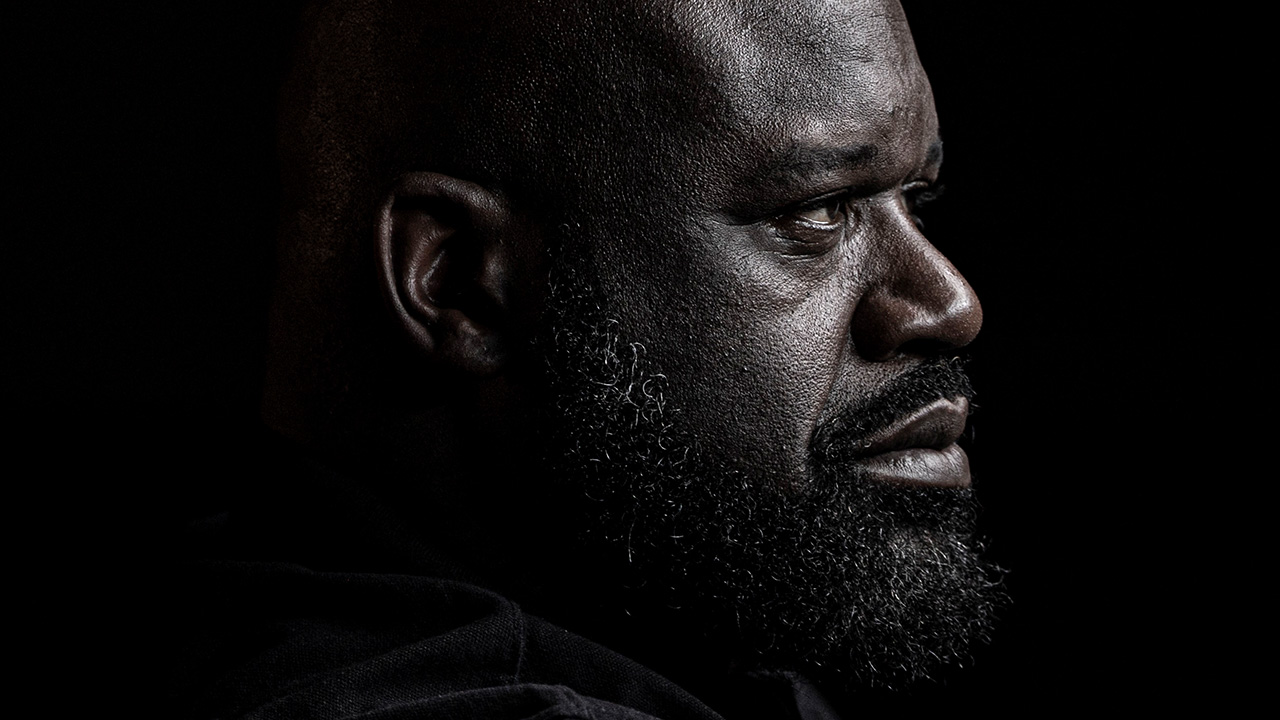
When he left Orlando for the more glamorous LA Lakers, “The Big Shaqtus” signed what was then the largest NBA contract in history—US$125 million for seven years. In short, he was the perfect big personality to dominate the league… if he could just properly dominate it.
O’Neal’s career also had the fortune of including incredible co-stars. In Orlando it was “Penny” Hardaway, at the Lakers it was Kobe Bryant, and in Miami there was the young Dwayne Wade. All three started in his shadow and then emerged as basketball icons in their own right, with only Hardaway never fully achieving his potential due to injuries. Both he and Wade make appearances, but Bryant’s death in 2020 means arguably the most critical player-voice in Shaq’s journey is absent.
That doesn’t mean there is a lack of critique of Shaquille, with his step-father Phil Harrison being his own, somewhat shorter, dominant force turning the young man into the sporting behemoth commentators would describe as “Superman”. Harrison is described by a family friend as being “a product of inner-city strife” and driven to make his children have a better future than him. To this end, he really leans into the military sergeant trope.
“I think there were times Shaquille was afraid of him, and rightly so,” opines high school coach (the incredibly American named) Ford McMurtry. “I think the results speak for themselves… let’s just say this; sarge had one speed—eleven.” Shaq’s siblings all confirm the hard ‘discipline’ of their father, which would probably make headlines today, by repeating what became Phil’s catch-cry: “You all may hate my ways, but you love my results”
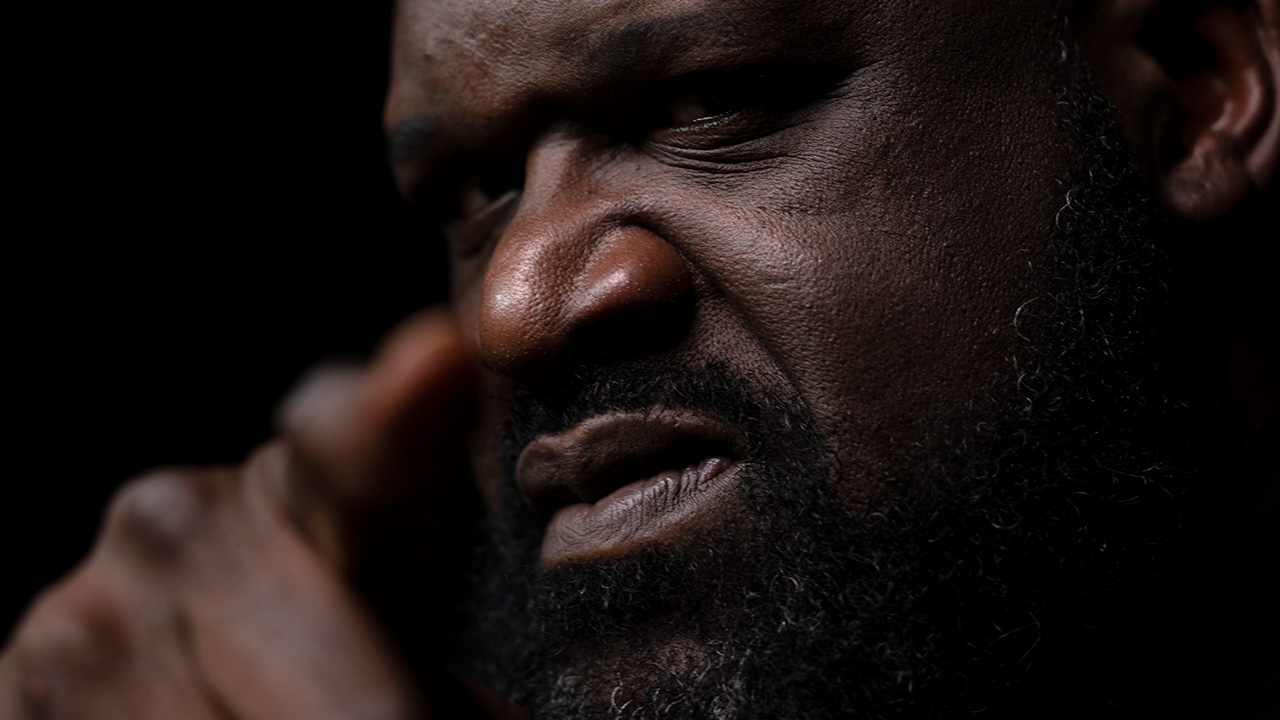
And yet when Shaq recounts these stories of violence, there is no bitterness. His respect and love for his step-father is absolute, especially compared to his biological father Joe Toney. It’s the combination of honesty, loyalty, and pride which somehow lifts these stories from being harrowing into almost comical. “The Big Aristotle” talks passionately about family and loyalty throughout, even when describing the breakdown of his marriage.
The unexpected and, to a degree, unwarranted, personal details add that “BBQ Sauce” to what could have simply been a celebration of a larger-than-life 19-year career. Even his post-basketball life, where he navigates a new position commentating on TNT’s Inside the NBA, while also dealing with the deaths of Bryant, and his sister Ayesha, give hints as to why he may have chosen to make this series now while the people he truly cared about were still around to help tell it.
Director Robert Alexander has stylised each of the series’ four episodes uniquely. The first is like a school presentation from a scrapbook, whereas the second is presented more as a graphic novel. There are four main periods covered; his early life and Orlando, his love for the LA Lakers and first championship, his dominant years with Kobe Bryant and their destructive feud, and his final championship in Miami, followed by some entertaining final years before a new career in media.
Considering all that’s happened in “Shaqovic’s” 50-year lifespan, things actually crack along at a fair pace, providing a deeper look at the mentality and philosophies of arguably “the greatest big man of all time”.
